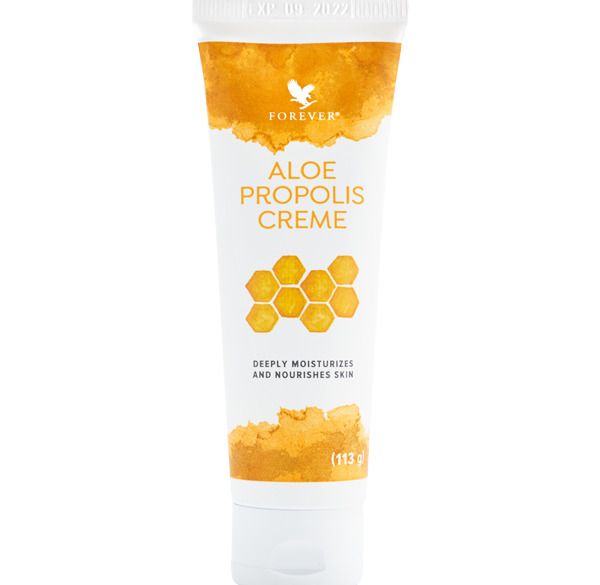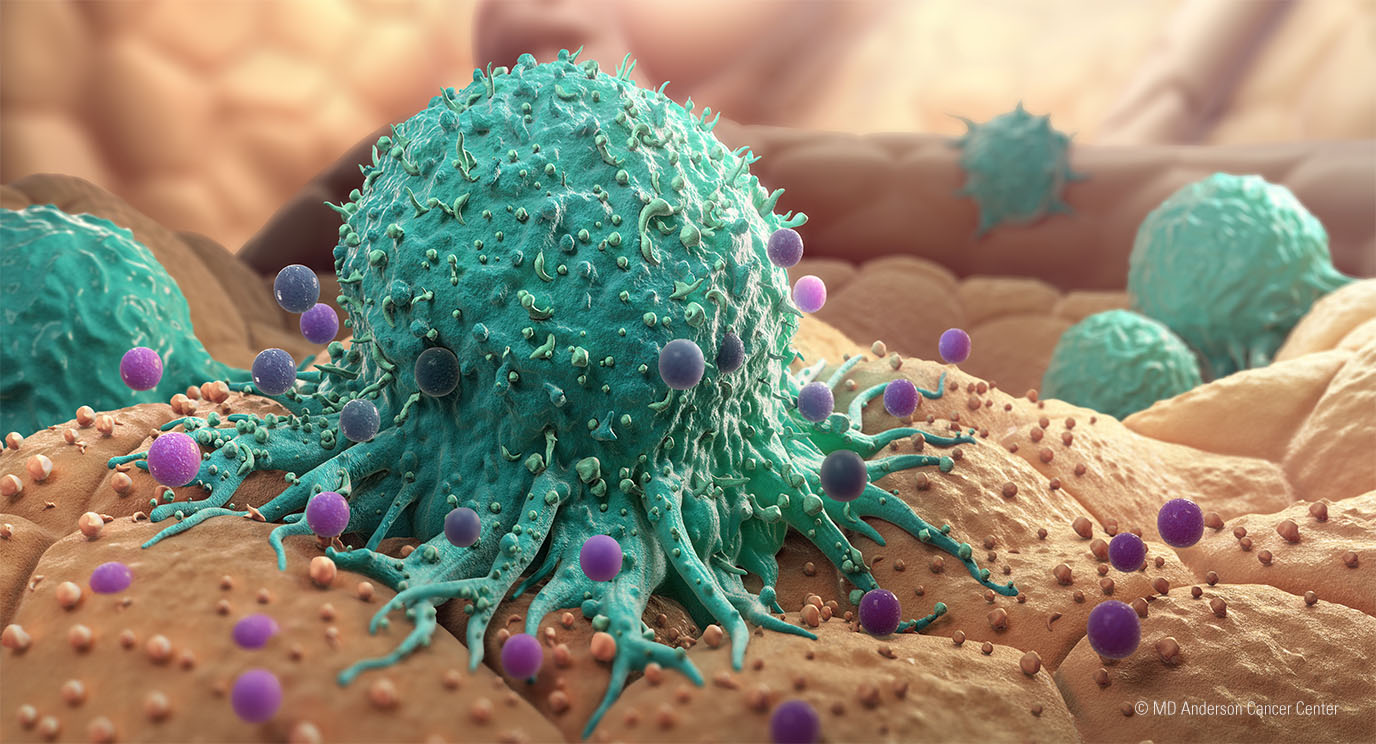Acne, also known as pimples, is a common chronic skin condition
characterized by inflammation of the sebaceous glands and hair follicles,
typically found on the face, neck, chest, and shoulders. It is particularly
prevalent among young people between the ages of 12 and 24, often related to
hormonal changes during puberty. While most patients recover from acne in
their 20s or 30s, it can persist in men over 30 and may worsen before each
menstrual period in women.
The skin serves as a protective barrier, regulates body temperature, and
eliminates waste and toxins. Skin diseases, including acne, are a result of
overall body dysfunction rather than isolated issues. Acne manifests as
comedones or blackheads, pimples, superficial sebaceous cysts, and scars.
Blackheads are the most common form, and the areas most affected include the
forehead, temples, cheeks, chin, chest, and back. In rare cases, acne can
cover the entire body with extensive scarring.
The root causes of acne are often linked to poor dietary habits, such as
irregular eating patterns, consuming improper foods, and excessive intake of
starch, sugar, and fatty foods. Chronic constipation can also contribute to
acne, as the body fails to eliminate waste efficiently, leading to a buildup
of toxins in the bloodstream. The skin then attempts to eliminate these
toxins, resulting in acne and other skin conditions. Unhygienic living
habits, excessive consumption of tea, coffee, alcohol, and tobacco, as well
as strenuous studies and sedentary habits leading to indigestion and general
debility, can also contribute to the disorder.
Introduction
Acne, a common skin condition that affects millions of people worldwide, can be a source of frustration and embarrassment. Dealing with acne breakouts can impact self-esteem and confidence. Understanding the causes of acne and implementing effective treatment strategies can help alleviate the physical and emotional challenges associated with this condition. In this blog post, we will delve into the intricacies of acne, its underlying causes, and explore various treatment options to help you achieve clear and healthy skin.
The Backstory of Acne
Acne, also known as acne vulgaris, has been a part of human history for centuries. It affects individuals of all ages, genders, and ethnicities, but it is most commonly associated with adolescence. This is because hormonal fluctuations during puberty often trigger the development of acne. However, it's important to note that acne can persist into adulthood or even develop later in life.
Causes of Acne
Acne is primarily caused by a combination of factors, including excess oil production, clogged hair follicles, bacteria, and inflammation. Let's explore each of these causes in more detail:
1. Excess Sebum Production: Sebaceous glands in the skin produce sebum, an oily substance that helps moisturize and protect the skin. However, overactive sebaceous glands can lead to an excessive production of sebum, which can clog hair follicles and contribute to acne formation.
2. Clogged Pores: When the excess sebum mixes with dead skin cells, it can clog the hair follicles, resulting in the formation of comedones, commonly known as whiteheads or blackheads.
3. Bacterial Infection: Propionibacterium acnes (P. acnes), a bacteria naturally present on the skin, can multiply in clogged hair follicles, leading to inflammation and the formation of red, pus-filled bumps known as pimples.
4. Hormonal Changes: Hormonal fluctuations, particularly during puberty, menstruation, pregnancy, or certain medical conditions, can trigger acne breakouts. Androgens, a group of hormones that includes testosterone, can stimulate the sebaceous glands to produce more sebum.
5. Other Factors: Other factors such as genetics, certain medications, stress, diet, and lifestyle choices may also contribute to the development and severity of acne.
Effective Solutions for Treating Acne
1. Proper Skincare Routine: Establishing a consistent skincare routine is essential for managing acne. Cleanse your face twice a day with a gentle cleanser to remove excess oil, dirt, and impurities. Avoid harsh scrubbing, as it can aggravate the skin. Use non-comedogenic and oil-free moisturizers and sunscreen to keep the skin hydrated and protected.
2. Topical Treatments: Over-the-counter topical treatments containing ingredients like benzoyl peroxide, salicylic acid, or retinoids can help unclog pores, reduce inflammation, and kill bacteria. However, it's important to start with low concentrations and gradually increase as tolerated.
3. Prescription Medications: In severe cases, a dermatologist may prescribe oral medications such as antibiotics, hormonal therapies, or isotretinoin (Accutane) to control acne. These medications should be taken under medical supervision due to potential side effects.
4. Professional Treatments: Dermatological procedures like chemical peels, microdermabrasion, or laser therapy can help improve acne by exfoliating the skin, reducing sebum production, and promoting skin healing. These treatments are typically performed by qualified professionals.
5. Healthy Lifestyle Habits: Maintain a balanced diet rich in fruits, vegetables, whole grains, and lean proteins. Limit your consumption of sugary foods and dairy products, as they may aggravate acne in some individuals. Practice stress management techniques, get regular exercise, and ensure an adequate amount of sleep.
6. Avoid Picking or Squeezing: Resist the temptation to pick or squeeze acne lesions, as it can worsen inflammation, lead to scarring, and increase the risk of infection.
Conclusion
Acne is a common skin condition that can have a significant impact on self-esteem and confidence. By understanding the causes of acne and implementing effective treatment strategies, you can take control of your skin health. Remember, finding the right combination of skincare routine, topical treatments, and professional guidance can help you effectively manage acne and achieve clear, healthy skin. Consult with a dermatologist to develop a personalized treatment plan tailored to your specific needs. With patience, persistence, and proper care, you can overcome acne and embrace a confident, blemish-free complexion.
There are Forever products available that are popular among
individuals seeking natural health and wellness solutions. These
products are known for their high-quality ingredients and may offer
potential benefits.
1. Bee Propolis
2. Aloe propolis Creme
DISCLAIMER: The information provided here is for
educational purposes only and does not constitute medical
advice. Always consult with a licensed healthcare professional
before starting any new dietary or supplementation regimen, especially
if you have pre-existing medical conditions or are currently
under medical treatment.
NOTE: Please remember that these product
descriptions are not intended to make any medical claims,
and it is important to consult with a licensed healthcare
professional for personalized advice and
guidance regarding specific health conditions and
treatment options before using or
consuming any the products
mentioned anywhere in this page/website.











.jpg)
0 Comments